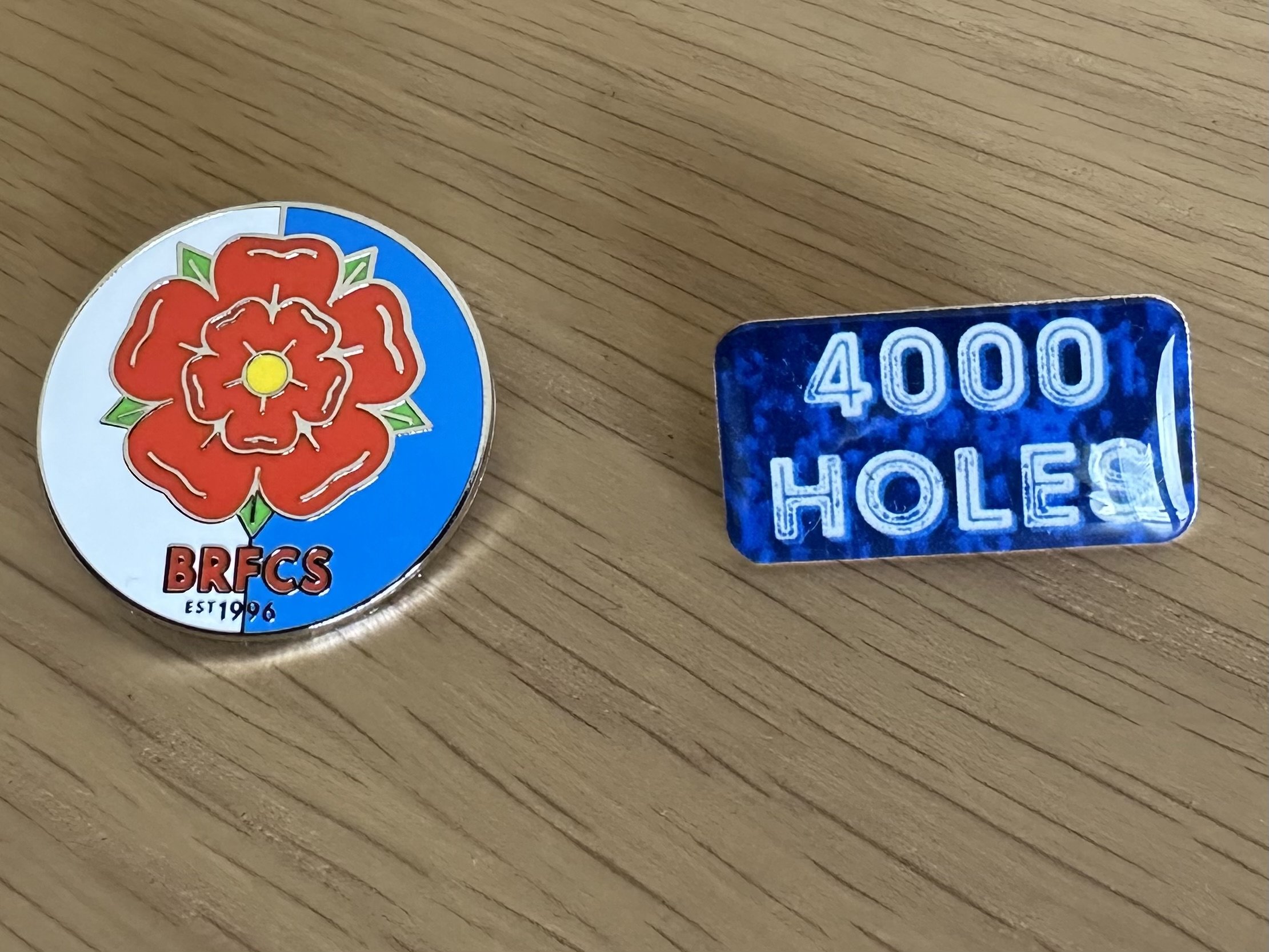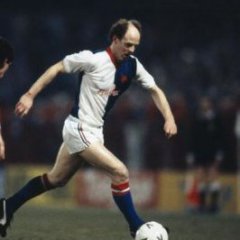-
Latest Products
-

Oasisy T Shirt
Out of Stock -

Yuki T Shirt
Out of Stock -

Pink T Shirt
Out of Stock -

Pin Badges
In Stock -

Away Kit Quarter Zip Sweatshirt
In Stock -

Home Kit Quarter Zip Sweatshirt
In Stock -

Away Kit Bobble Hat
In Stock -

Away Kit Scarf
In Stock -

Pink Beanie Hat
In Stock -

Pink Hoody
In Stock
-

BRFCS
 BY THE FANS, FOR THE FANS
BY THE FANS, FOR THE FANSSINCE 1996











Recommended Posts
Archived
This topic is now archived and is closed to further replies.